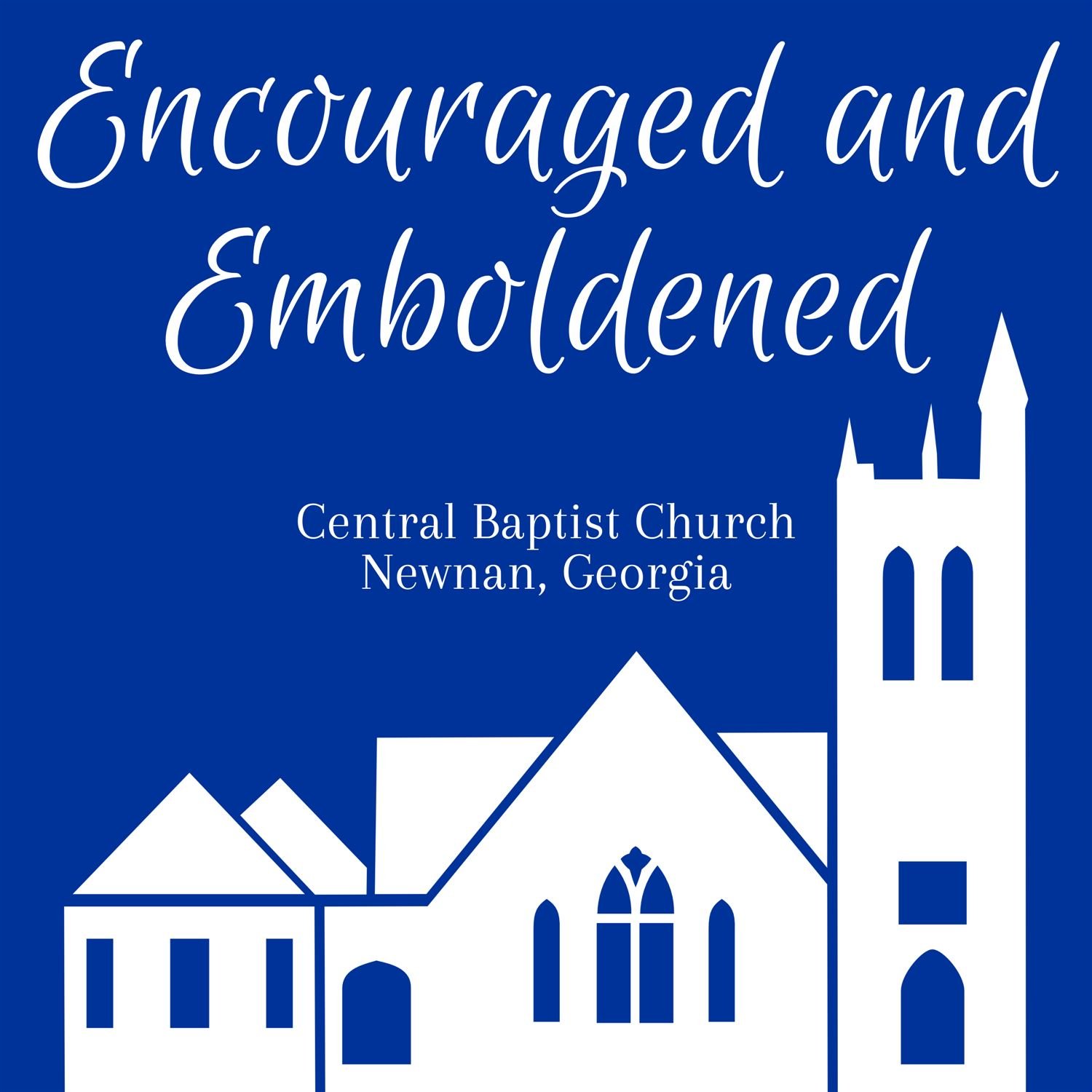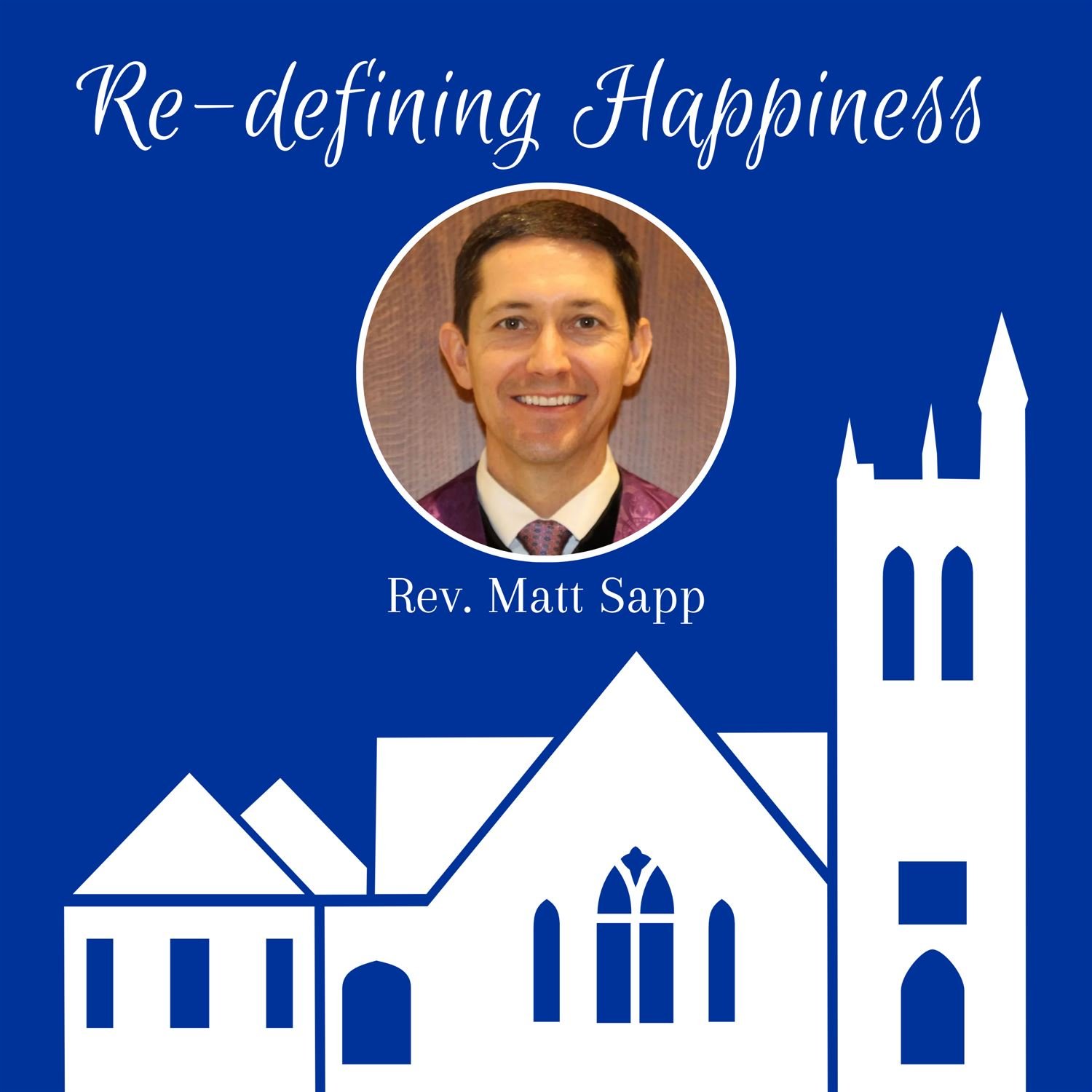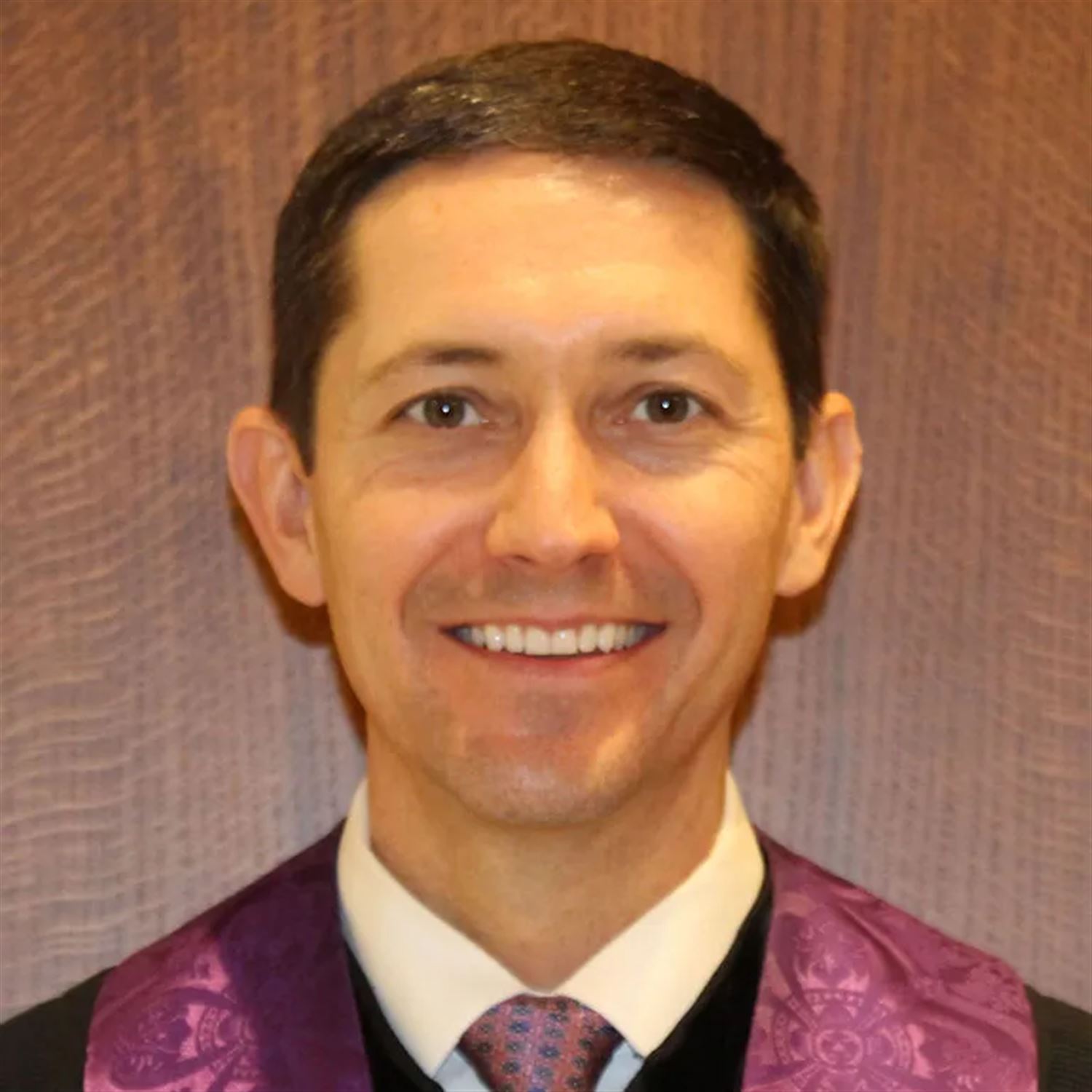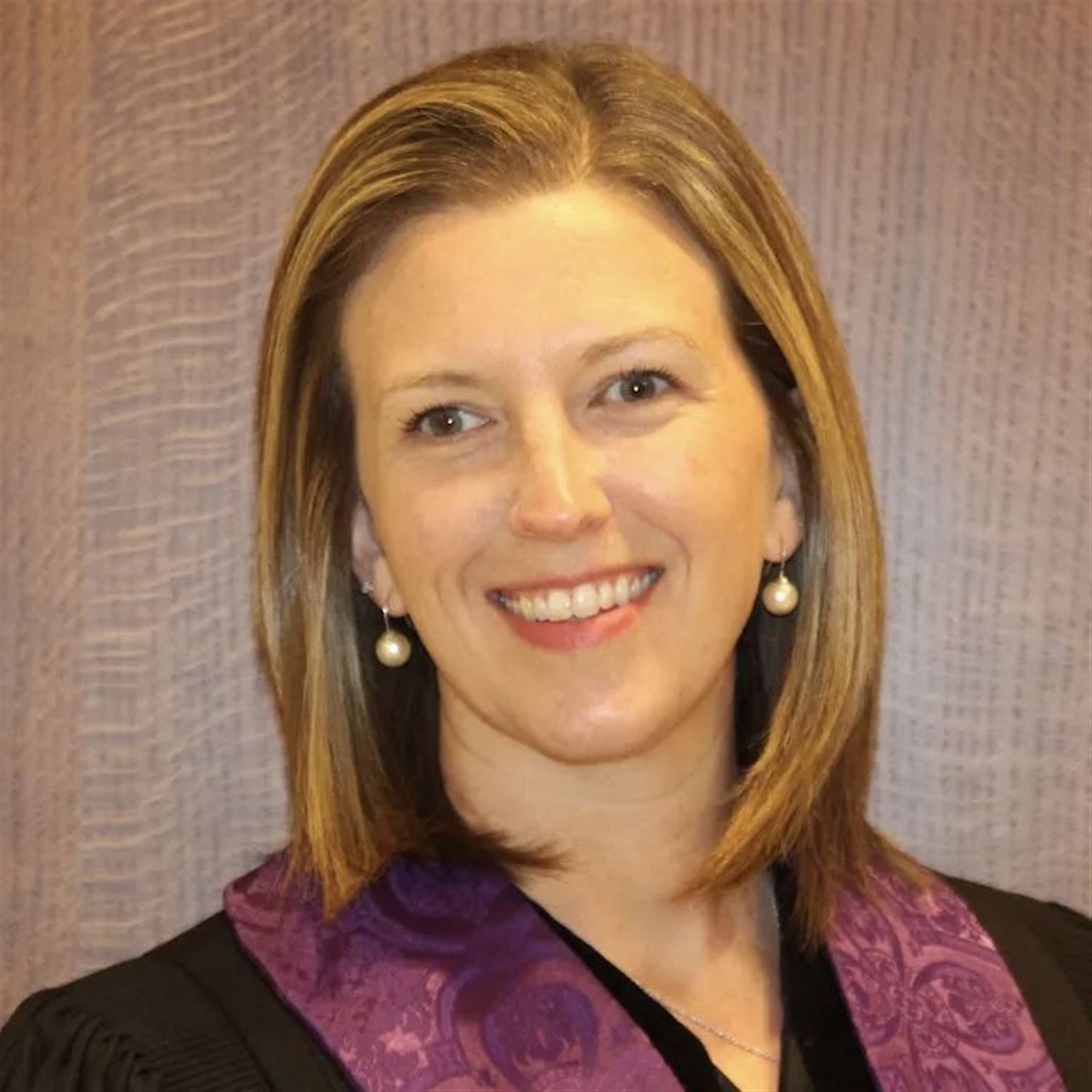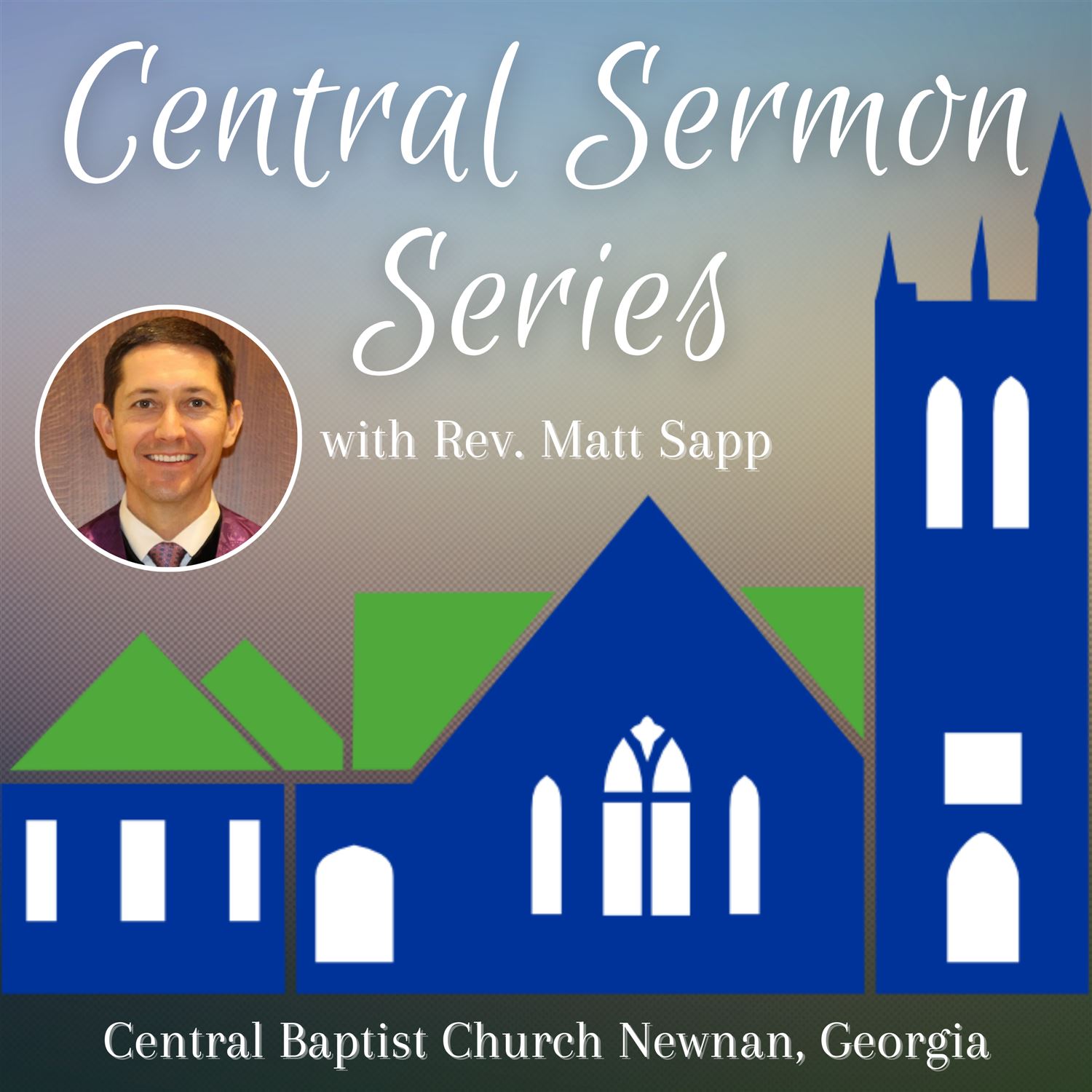On Trinity Sunday (May 26th, 2024), Rev. Matt Sapp discusses the importance of the Sermon on the Mount and the Beatitudes, emphasizing the need to understand and live by Jesus' teachings.
Chapters
00:00 Call to Worship
01:24 Re-defining Happiness
18:43 The Benediction
Matthew 5:1-12
Now when Jesus saw the crowds, he went up on a mountainside and sat down. His disciples came to him, and he began to teach them. He said: “Blessed are the poor in spirit, for theirs is the kingdom of heaven. Blessed are those who mourn, for they will be comforted. Blessed are the meek, for they will inherit the earth. Blessed are those who hunger and thirst for righteousness, for they will be filled. Blessed are the merciful, for they will be shown mercy. Blessed are the pure in heart, for they will see God. Blessed are the peacemakers, for they will be called children of God. Blessed are those who are persecuted because of righteousness, for theirs is the kingdom of heaven. “Blessed are you when people insult you, persecute you and falsely say all kinds of evil against you because of me. Rejoice and be glad, because great is your reward in heaven, for in the same way they persecuted the prophets who were before you.
- where all generations worship, grow, and serve together.
- where women and men have equal opportunities for leadership.
- where traditional worship is engaged with excellence.
- and where diverse approaches to Christian faith and theology all find themselves at home under the lordship of Christ.
Want to learn more about Central? Visit our website at centralbaptistnewnan.org or give us a call at 770-683-0610.
